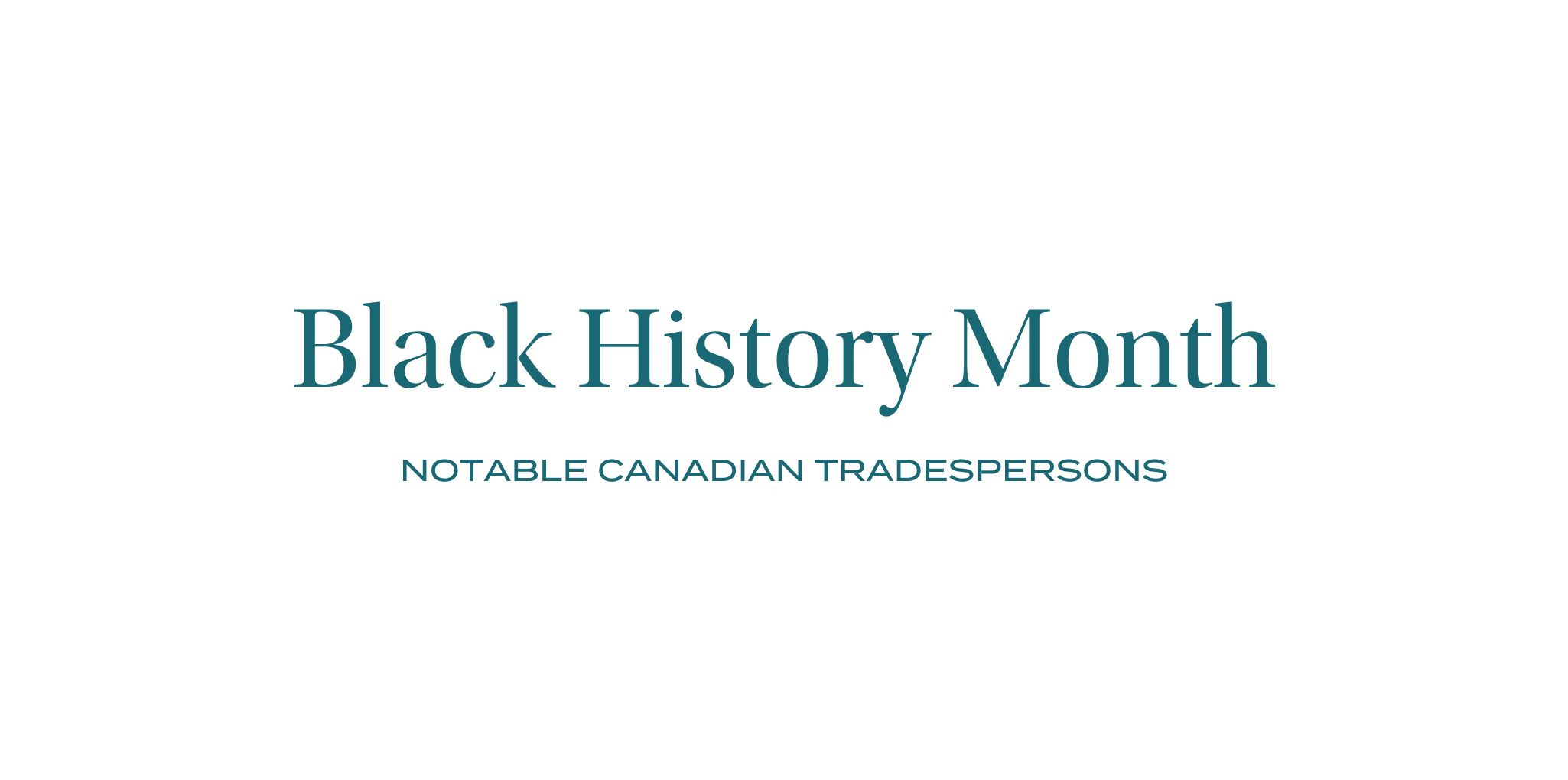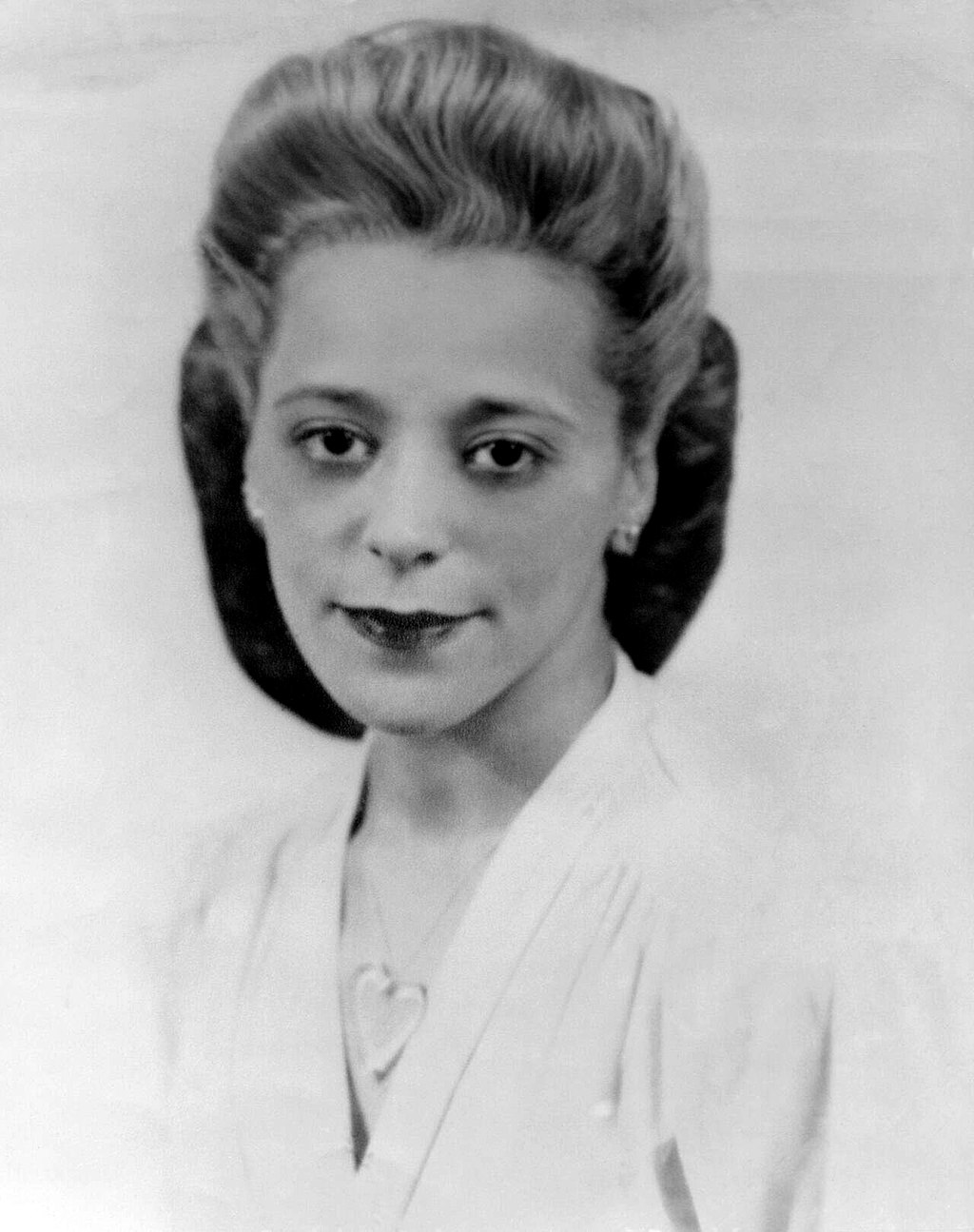Black History Month
Black History Month

February is Black History Month in Canada, a time to celebrate the tremendous contributions that Black Canadians, both past and present, have made in our communities.
February is Black History Month in Canada, a time to celebrate the tremendous contributions that Black Canadians, both past and present, have made in our communities, as well as a time to learn of the history of their roles in building the country and how they arrived in Canada.
From the Government of Canada on Black history in Canada:
Black Canadians and their communities have been a part of shaping Canada’s heritage and identity since the arrival of Mathieu Da Costa, a navigator, and interpreter, whose presence in Canada dates back to the early 1600s.
The role of Black people and their communities in Canada has largely been ignored as a key part of Canada’s history. There is little mention that some of the Loyalists who came here after the American Revolution and settled in the Maritimes were people of African descent, nor the fact that many soldiers of African descent made many sacrifices in wartime as far back as the War of 1812.
Few people in Canada are aware of the fact that African people were once enslaved in the territory that is now known as Canada, or of how those who fought enslavement helped to lay the foundation of Canada’s diverse and inclusive society.
In this blog post, we highlight notable Black Canadians who were not only tradespersons, but individuals who made important contributions to the civil rights and the fight against racial discrimination.
Viola Desmond
 Born in 1914 in Halifax, Nova Scotia, Viola Desmond was an entrepreneur and mentor to young Black women. She attended beauty school and earned a diploma from the Apex College of Beauty Culture and Hairdressing in Atlantic City. Viola saw the need for hair products and training specifically for Black women and created her own line of hair and skin products, specifically catered for them. She also opened up her own salon in 1937 and founded the Desmond School of Beauty Culture, where she accepted and trained Black apprentices to become master beauticians and businesswomen.
Born in 1914 in Halifax, Nova Scotia, Viola Desmond was an entrepreneur and mentor to young Black women. She attended beauty school and earned a diploma from the Apex College of Beauty Culture and Hairdressing in Atlantic City. Viola saw the need for hair products and training specifically for Black women and created her own line of hair and skin products, specifically catered for them. She also opened up her own salon in 1937 and founded the Desmond School of Beauty Culture, where she accepted and trained Black apprentices to become master beauticians and businesswomen.
Viola is well known for her role in challenging racial discrimination when she refused to leave the segregated Whites-only section of the Roseland Theatre in Nova Scotia, leading to her arrest, imprisonment, and conviction for a tax offence. Her refusal to submit to racial discrimination has inspired countless others and eventually in 2010, Lieutenant Governor Mayann Francis issued Viola a free pardon.
Emmitt Holmes
Emmitt Homes was born in 1924, immigrating to British Columbia from Saskatchewan in the 1940s. He was a carpenter by trade and was the only black member of the Vancouver Local of the International Woodworkers of America when he first joined in 1944. Throughout the 1950s, he represented the union at multiple events and conventions both within the province and internationally, and served as the IWA delegate to the Vancouver Labour Council.
Emmitt joined and became the chair of the Joint Labor Committee to Combat Racial Discrimination for 14 years, where he joined other activists in fighting prejudice against Black individuals in British Columbia. His work included researching the discrimination faced by Black Canadians, writing a letter to the Vancouver Sun encouraging unity and equality of all races, and protesting police brutality that led to the death of Clarence Clemons. Emmitt eventually became the founding member of the BC Association for the Advancement of Coloured* People in 1956.
*Historically, a racial descriptor used to describe African Americans during the Jim Crow era.
John Sullivan Deas
In the early years of the salmon canning industry in British Columbia, John Sullivan Deas was a pioneer of this industry, founding the first commercial salmon cannery in British Columbia. John immigrated to Canada in 1862 from the United States and was a skilled tinsmith by trade. From 1874 to 1878, John operated the Deas Island Cannery, where they produced between 200,000 to 400,000 cans per year. These cans were eventually sold and shipped to England.
In 1878, John sold his cannery due to fierce competition amongst canneries along the Fraser River and moved to Portland, Oregon with his family. Today, though the Fraser River canneries have all closed, John’s legacy lives on. His former cannery is now Deas Island Regional Park at the southern end of the George Massey Tunnel, originally known as the Deas Island Tunnel.
Learn more about Black Canadian History and more notable Black Canadians:
Sources:
